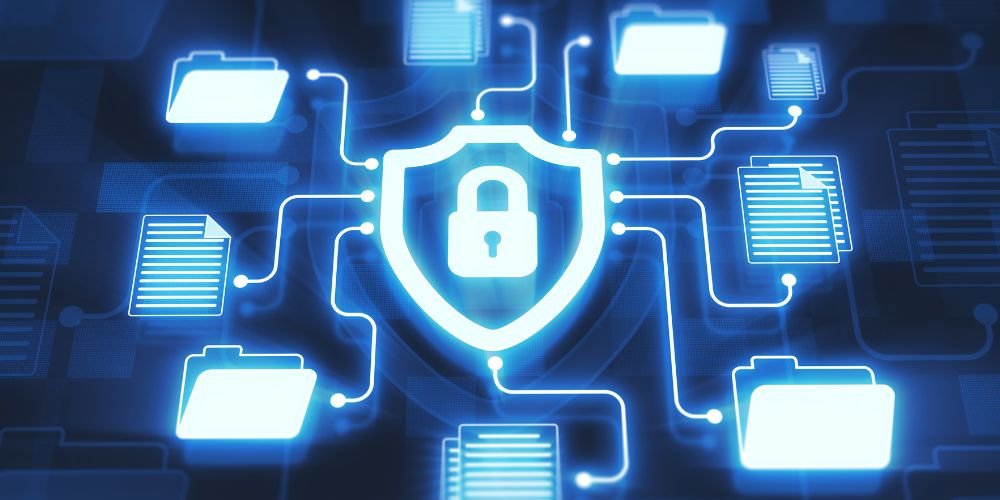In the rapidly evolving landscape of digital connectivity, the demand for robust cybersecurity solutions has never been more critical. As organizations grapple with increasingly sophisticated cyber threats, Security as a Service (SECaaS) has emerged as a strategic and adaptive approach to fortifying digital defenses. This innovative model shifts cybersecurity from a traditional, on-premises, and resource-intensive paradigm to a scalable, cloud-based service that provides real-time protection and proactive threat mitigation.
Security as a Service encompasses a broad spectrum of cybersecurity services delivered through the cloud. From threat detection and response to identity and access management, organizations can access a suite of security solutions without requiring extensive in-house infrastructure and expertise. This paradigm shift enhances the agility of cybersecurity measures and enables organizations to stay ahead of evolving threats through continuous updates and improvements.
One key advantage of Security as a Service is its scalability. Organizations can tailor their cybersecurity solutions to match the size and complexity of their operations, paying for the services they need and scaling up or down as their requirements evolve. This flexibility is particularly beneficial for businesses of all sizes, helping them to allocate resources efficiently and focus on their core competencies while leaving the intricacies of cybersecurity to specialized service providers.
Real-time threat detection and response are pivotal components of SECaaS. Advanced security analytics and artificial intelligence algorithms analyze vast datasets to identify patterns indicative of potential threats. By leveraging the power of the cloud, SECaaS providers can aggregate and analyze threat intelligence from a wide range of sources, helping organizations to benefit from a collective defense approach against emerging cyber threats.
Identity and access management (IAM) is another critical facet of Security as a Service. With IT environments becoming increasingly complex and remote work becoming more prevalent, ensuring secure and seamless access to resources is paramount. SECaaS offers IAM solutions that enable organizations to manage user identities, control access privileges, and implement multifactor authentication, mitigating the risk of unauthorized access and data breaches.
The shift to Security as a Service also addresses the evolving nature of cyber threats. As cybercriminal tactics become more sophisticated, traditional, static security measures may struggle to keep pace. SECaaS providers, focusing on continuous improvement and adaptation, can deploy real-time updates and patches, providing a proactive defense against emerging threats.
Despite its advantages, organizations must consider data privacy, regulatory compliance, and the potential dependence on external service providers when adopting SECaaS. A comprehensive risk assessment and thorough due diligence are essential to integrate SECaaS seamlessly into an organization’s cybersecurity strategy.
Security as a Service Market
The approximate decision of the Techgolly market research team is the global Security as a Service market size was valued at least USD 20 billion in 2023 and continues to be projected to reach up to USD 56 billion by 2030. The growth will continue at a compound annual growth rate (CAGR) of 14% to 16% from 2023 to 2030.
Conclusion
Security as a Service stands at the forefront of the digital defense arsenal, offering a dynamic and scalable approach to cybersecurity. By harnessing the power of the cloud, organizations can fortify their digital perimeters, detect and respond to threats in real time, and adapt to the ever-changing landscape of cyber threats. SECaaS is poised to play a central role in safeguarding organizations against the complexities of the modern cybersecurity landscape as the digital frontier continues to expand.












